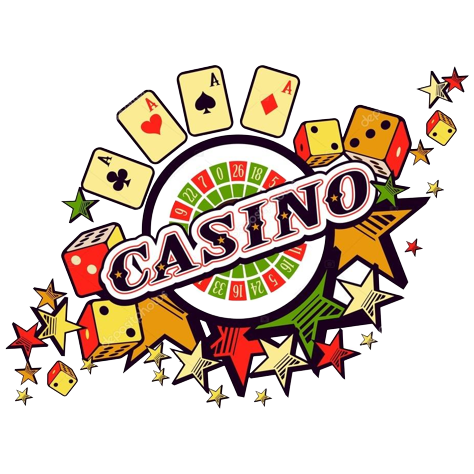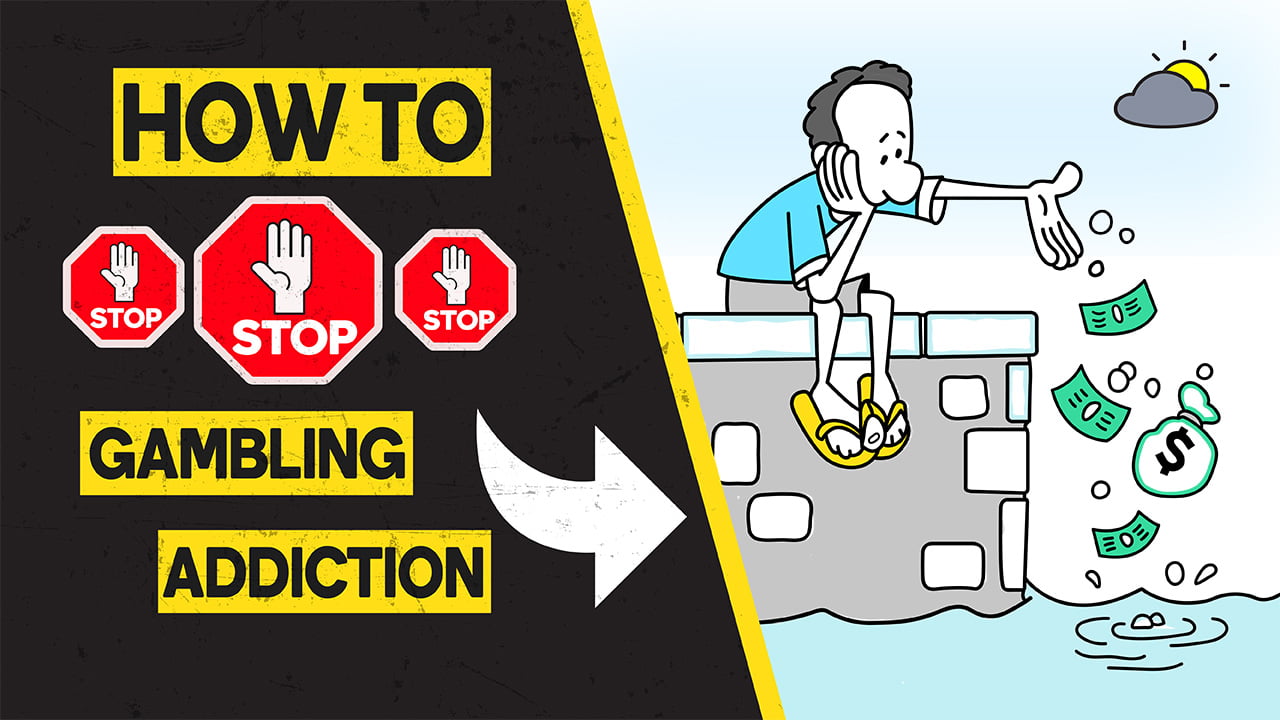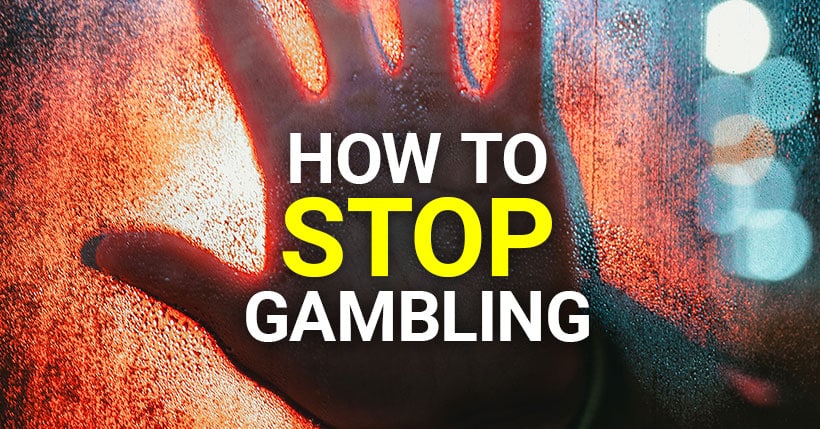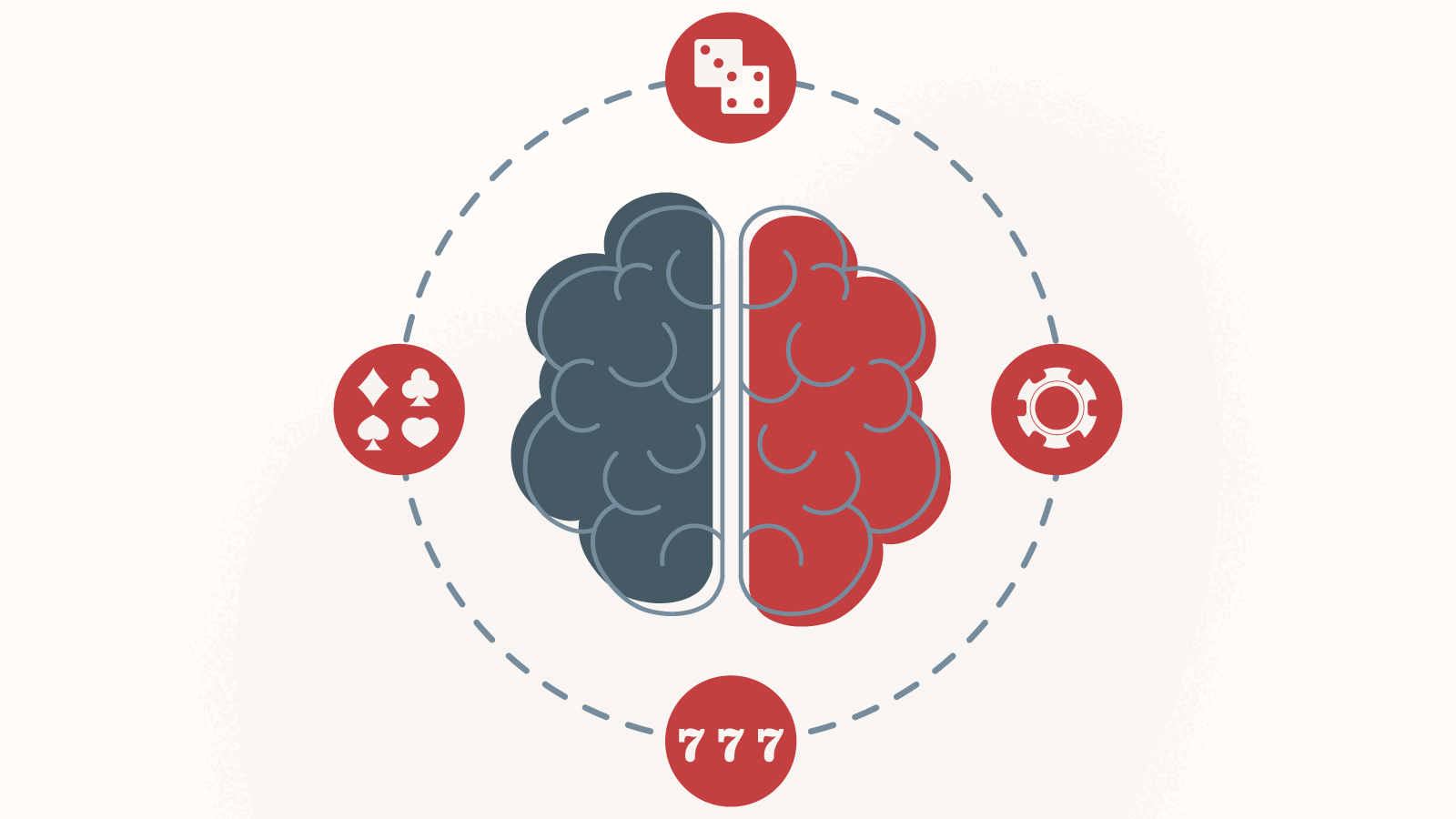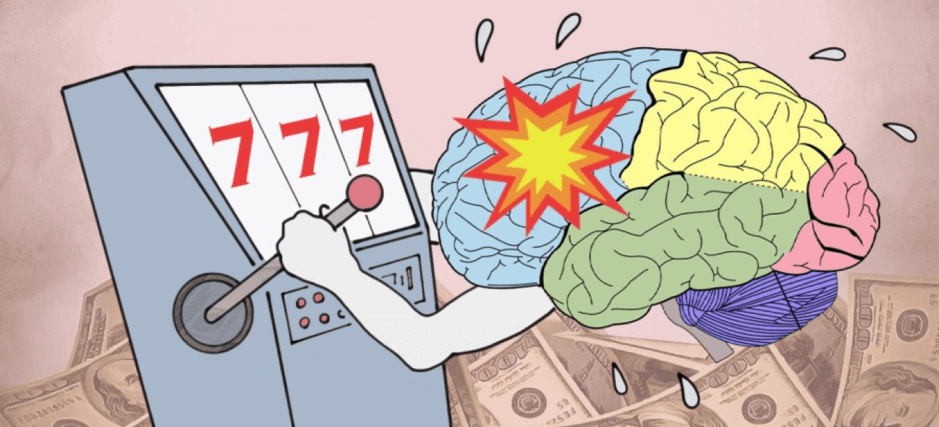In recent years, gambling and its potential impact on mental health have gained significant attention. As experts in the field, we aim to provide you with a comprehensive understanding of the relationship between gambling and mental illness. In this article, we will delve into the effects of excessive gambling on individuals, explore the potential risk factors, and shed light on available support and treatment options. By addressing these aspects, we aim to offer valuable insights that surpass existing content on the topic and ensure a higher ranking on search engines.
The Link between Gambling and Mental Health
Gambling, in itself, is not classified as a mental illness. However, excessive gambling or gambling addiction, commonly known as “gambling disorder,” can profoundly impact an individual’s mental well-being. It is crucial to distinguish between casual gambling and problem gambling to understand the implications on mental health fully.
Understanding Gambling Disorder
Gambling disorder is a behavioral addiction characterized by an individual’s inability to control their gambling habits. The American Psychiatric Association has included it in the Diagnostic and Statistical Manual of Mental Disorders (DSM-5). To be diagnosed with gambling disorder, an individual must meet specific criteria, including:
- Engaging in persistent and recurring gambling behavior that causes considerable distress.
- A need to gamble with increasing money to achieve the desired excitement.
- Restlessness or irritability when attempting to cut down or stop gambling.
- Preoccupation with gambling activities and thoughts.
- Using gambling as a way to escape from personal or emotional problems.
The Impact on Mental Health
Excessive gambling can have severe consequences on an individual’s mental health. Constantly preoccupation with gambling can lead to heightened anxiety, depression, and suicidal thoughts. Financial difficulties resulting from gambling-related losses can exacerbate stress levels and contribute to various mental health issues.
Furthermore, the shame and guilt associated with gambling addiction can isolate individuals from their social support networks, leading to loneliness and further deteriorating their mental well-being. Recognizing the potential harm caused by gambling disorder is essential to initiate early intervention and support.
Risk Factors for Developing Gambling Disorder
While anyone can develop a gambling problem, certain factors increase the likelihood of a gambling disorder. Understanding these risk factors can better address the issue and raise awareness. Some of the common risk factors include:
Psychological Factors
Certain psychological factors, such as impulsivity, sensation-seeking, and a propensity for taking risks, can increase the vulnerability to developing a gambling addiction. Additionally, individuals with pre-existing mental health conditions like depression or anxiety may turn to gambling as a coping mechanism.
Environmental Factors
Environmental factors, such as easy access to gambling opportunities, exposure to gambling advertisements, and societal normalization of gambling, can contribute to the development of gambling disorders. The availability and convenience of online gambling platforms have also made it easier for individuals to engage in excessive gambling.
Genetic and Biological Factors
Research suggests that genetics and biological factors may play a role in gambling disorders. Studies have found a higher prevalence of gambling addiction among individuals with a family history of gambling problems. Certain neurotransmitters and brain regions associated with reward and decision-making processes have also been implicated in gambling addiction.
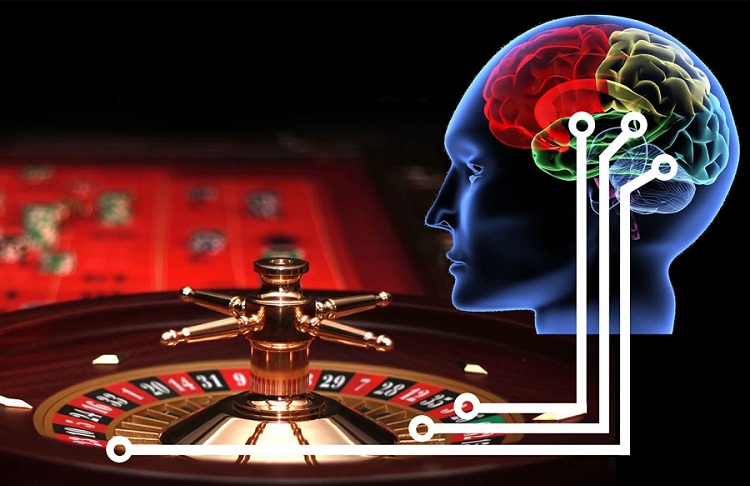
Seeking Help and Treatment Options
Recognizing the signs of gambling addiction and seeking help at the earliest stage possible is crucial for recovery. If you or someone you know is struggling with a gambling disorder, it is important to contact professionals who can provide the necessary support. Here are some treatment options available:
Therapy and Counseling
Cognitive-behavioral therapy (CBT) has proven to be effective in treating gambling disorders. CBT aims to identify and modify unhealthy thoughts and behaviors related to gambling, providing individuals with coping strategies and alternative activities to replace gambling habits.
Support Groups
Joining support groups, such as Gamblers Anonymous, can provide individuals with a supportive community of people facing similar challenges. These groups offer a safe space to share experiences, gain insights, and receive encouragement during recovery.
Financial Counseling
As gambling-related debts can contribute to significant stress and anxiety, seeking financial counseling can be beneficial. Financial counselors can assist individuals in managing their debts, creating budgets, and developing strategies to regain control of their financial situation.
Conclusion
While gambling itself is not classified as a mental illness, excessive gambling or gambling disorder can profoundly impact an individual’s mental health. The detrimental consequences of gambling addiction include heightened anxiety, depression, and financial difficulties. By understanding the risk factors, signs, and available treatment options, individuals can seek timely help and embark on a path to recovery.
Remember, seeking support from mental health professionals and joining appropriate treatment programs is vital in overcoming gambling addiction. Together, we can raise awareness about the potential risks of excessive gambling and promote a healthier approach to recreational activities.
